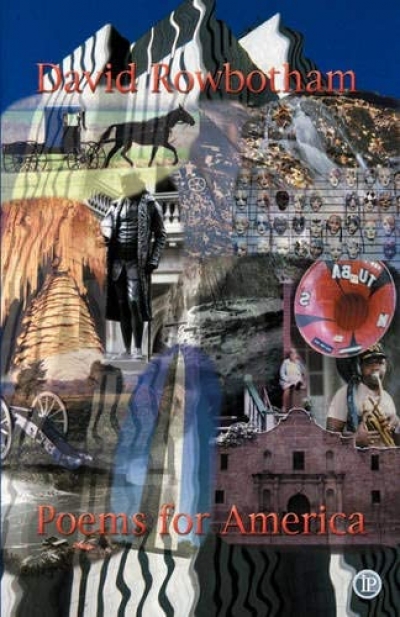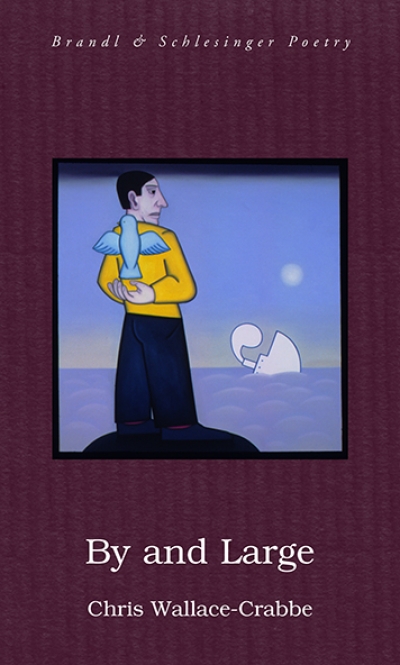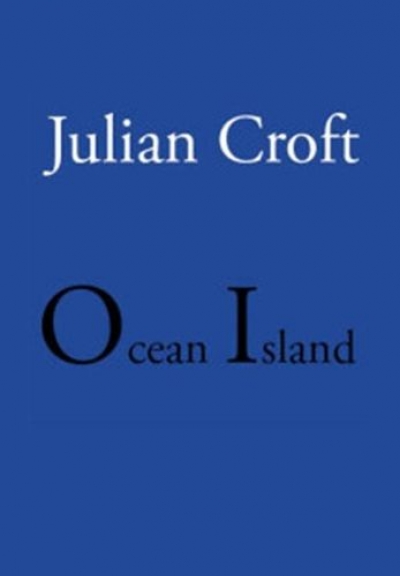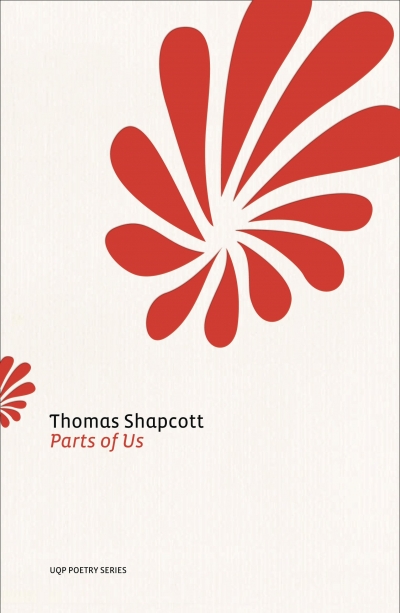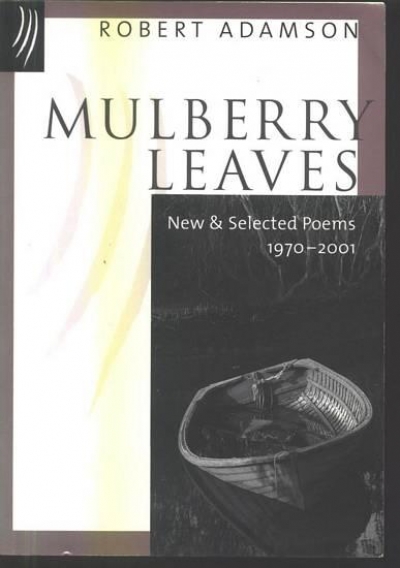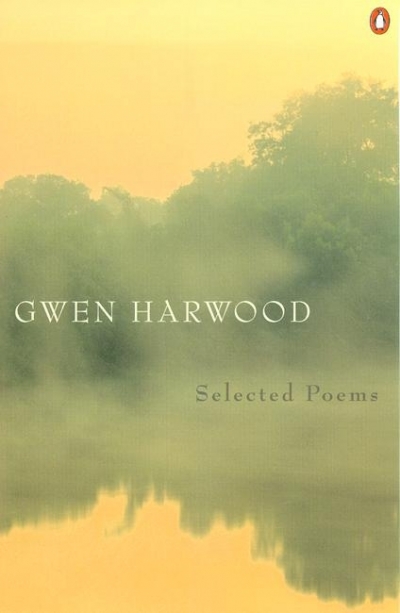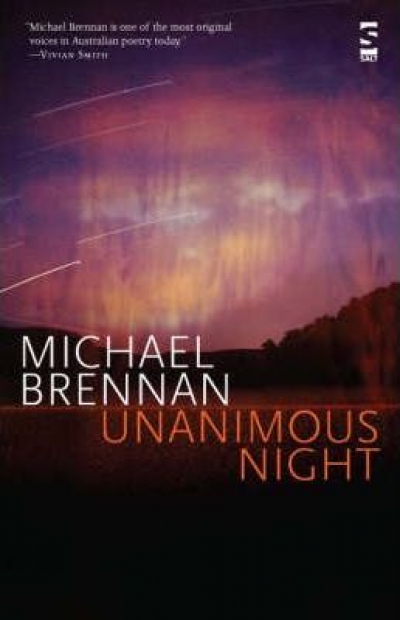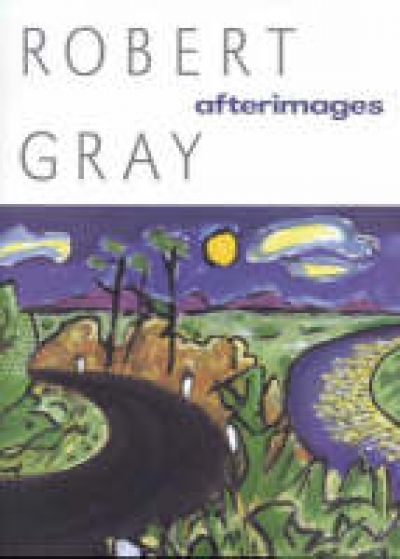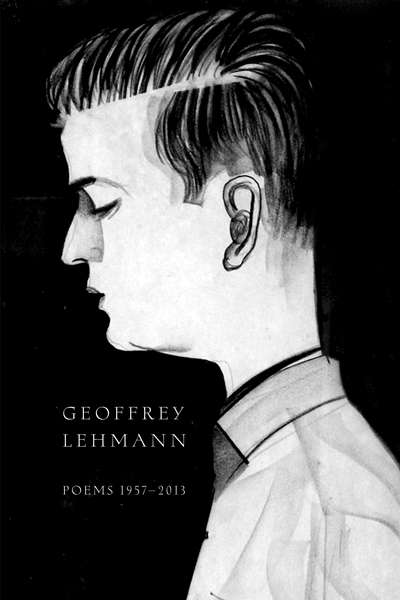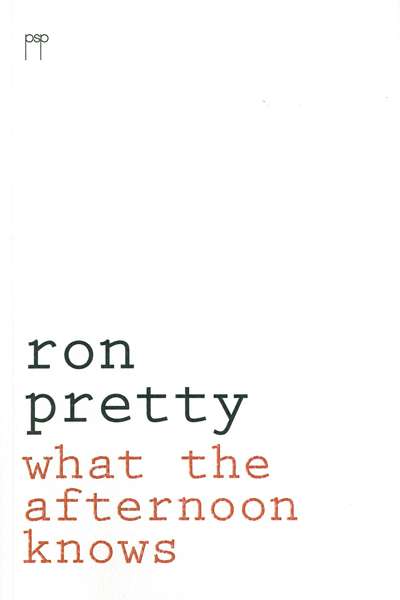Martin Duwell
Martin Duwell was born in England in 1948. He taught for thirty-five years in the School of English, Media Studies and Art History at the University of Queensland, where he received his doctorate in 1988. He is the author of A Possible Contemporary Poetry (1982) and an edition of the selected poems of John Blight. He was one of the editors of the Penguin New Literary History of Australia (1988) and has edited, with R.M.W. Dixon, two anthologies of Aboriginal Song Poetry. He has written extensively on postwar Australian poetry and publishes monthly reviews of new books of Australian poetry on his website.
Chris Wallace-Crabbe’s new book, By and Large, is, despite its hundred pages, a thinner book than most of his recent volumes. The familiar features are there: a baroque and intense intellectual ambit combined with playfulness; a deep love of the sharp ‘thinginess’ of the world combined with a love of the expressiveness of the words we use to contain it; and, last but far from least, enjoyabl ... (read more)
Julian Croft, born in 1941, is a poet whose work deserves a wider audience. This new work, Ocean Island, is by far the best of his books and it promises – in the new modes it works out – a rich harvest of poems in the future. Born during the war, and having spent most of his life in an academic position (‘I’ve marked too many essays, / castrated too many days’), Croft is one of those who ... (read more)
This is Tom Shapcott’s thirteenth individual collection of poetry (two Selected Poems have appeared, in 1978 and 1989) in a writing life that – at least for his readers – began with the publication of Time on Fire in 1961. It continues something of a late poetic flowering, which, to my critical mind, began with The City of Home in 1995. All in all, Parts of Us is no disgrace to its twelve pr ... (read more)
Producing a new Selected Poems is always an opportunity for poets to re-evaluate the shape of the history of their work, just as it gives readers another extended exposure to the poems themselves. In the case of Robert Adamson, Mulberry Leaves: New and aelected poems, 1970–2001 is not the first opportunity: there are two earlier Selecteds. The first (Angus & Robertson, 1978) was probably too ... (read more)
Although her work is often surprisingly varied, there is no doubt that when you read a Gwen Harwood poem you enter a highly distinctive poetic world. If it comes from her first twenty-five years of productivity, there is a good chance that you will be in a landscape of psychic melodrama. Everything will be liminal. The setting will be a sunset, the late sun will be flaring a dangerous gold on some ... (read more)
This book follows Michael Brennan’s brilliant début collection, The Imageless World (2003). I do not make this connection lightly; Unanimous Night shares almost everything with its predecessor: themes, methods and tone of voice. They even share the same structure: groups of shorter poems (‘Letters Home’) are punctuated by some tightly organised extended sequences.
Three of these sequences ... (read more)
Robert Gray’s new book continues the style of his previous one, Lineations, by interspersing poems with drawings: there are three panels of six drawings each, spaced throughout the book. It also contains a long meditation on things and thinginess, reality, consciousness (and all stops between) called ‘The Drift of Things’. A hard-working poem, this is one of those pieces that help you orient ... (read more)
A striking feature of this collection of Geoffrey Lehmann’s poetry of fifty-six years is how few loci of interest there are: ancient Rome, a farm in rural New South Wales, parenthood. His characteristic mode seems to be to explore these exhaustively by holding them up to the light and investigating every facet. Wallace Stevens’s ‘Thirteen Ways of Looking at a Blackbird’ hovers behind these ... (read more)
It is reasonable that poets, by the time they reach their mid-seventies, should be involved in projects which re-evaluate their current lives and poems in the light of early experience and expectations. This most recent book of Ron Pretty’s – and it is by some distance his best – is built around the Swedish proverb, ‘The afternoon knows what the morning never suspected,’ treated not as a ... (read more)


